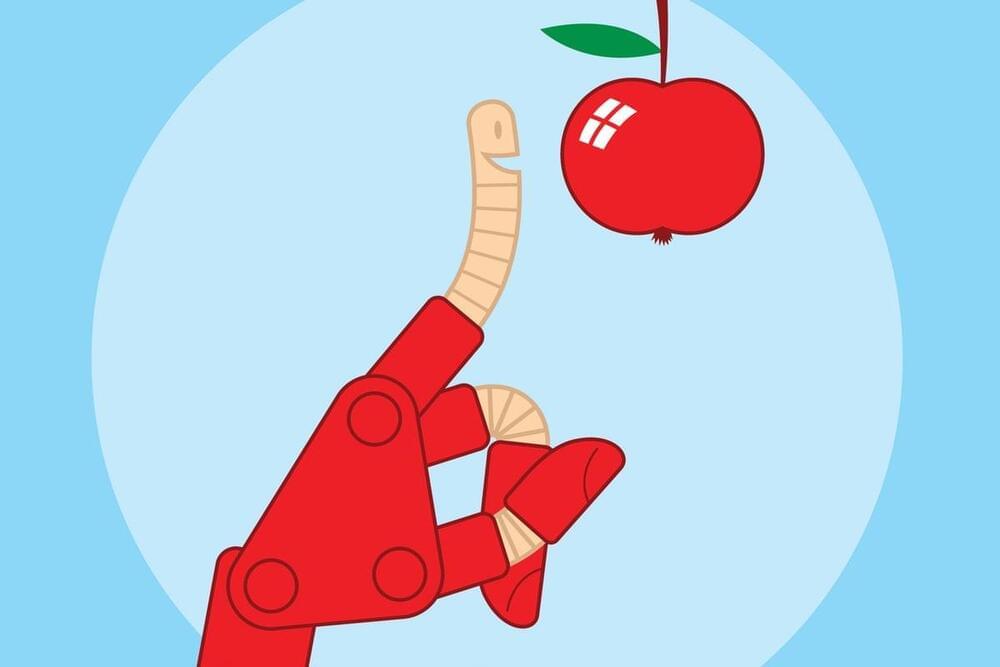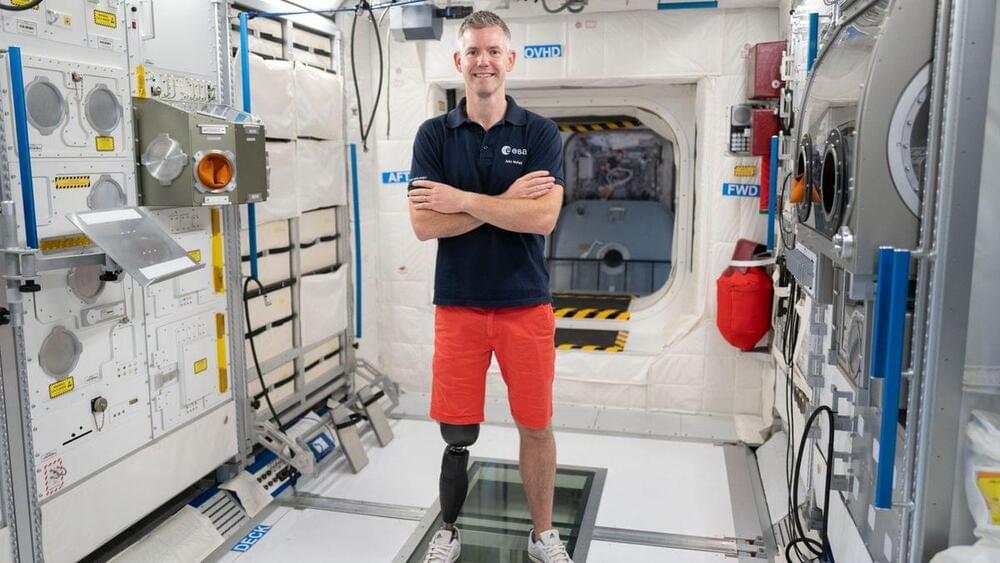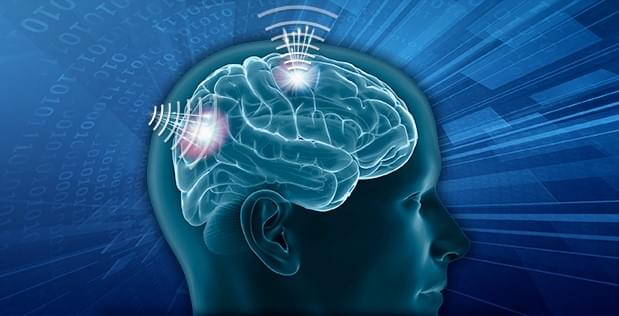A research team led by Prof. Ye Hong from the University of Science and Technology of China has developed an alumina ceramic bionic wick with finger-like pores inspired by the stomatal array of natural leaves. Their research is published in Langmuir.
As the performance of electronic chips continues to improve, their power consumption also increases, posing new challenges for cooling strategies. Loop heat pipes (LHPs) are a compelling cooling solution due to their high heat transfer capability, antigravity heat transfer, and absence of moving parts.
However, the differing requirements for flow resistance and capillary force make designing the pore structure of the capillary wick within an LHP challenging. Specifically, larger pores are needed for gaseous working fluids to reduce flow resistance, while smaller pores are necessary to provide sufficient capillary force for liquid suction.



